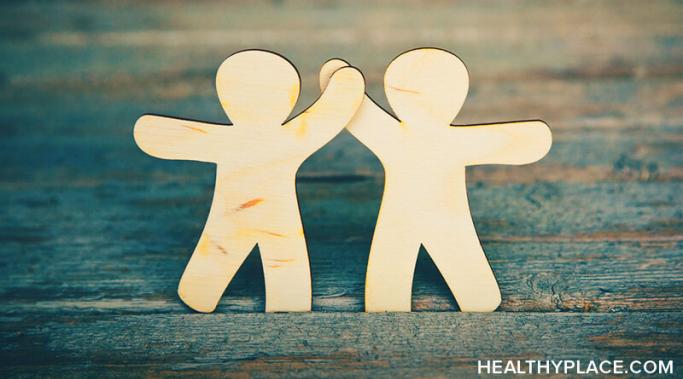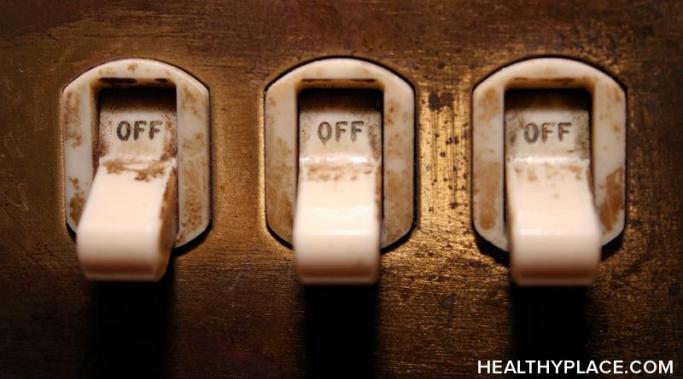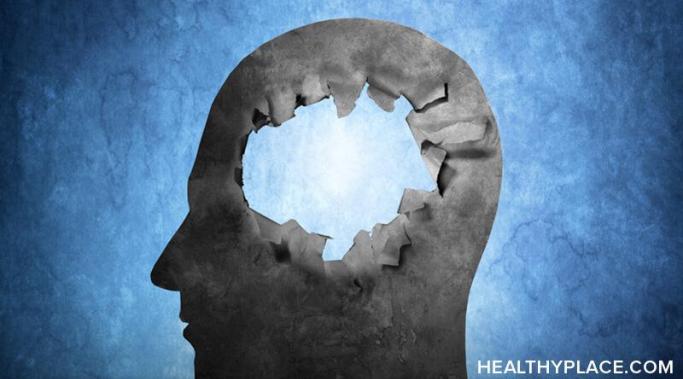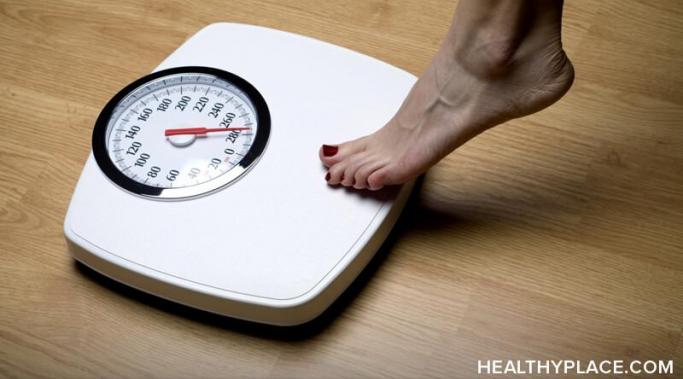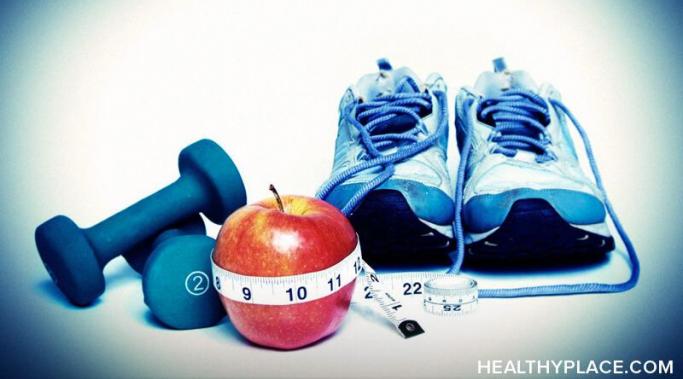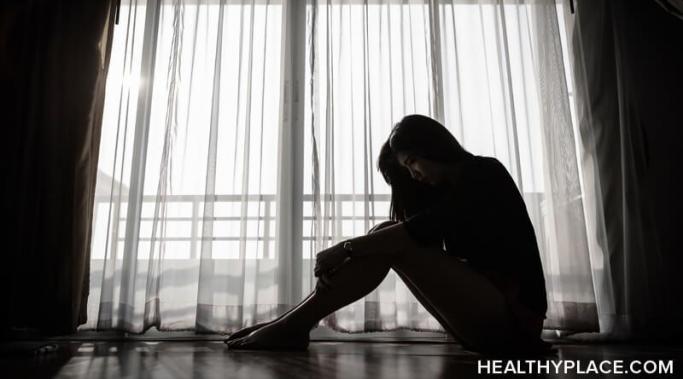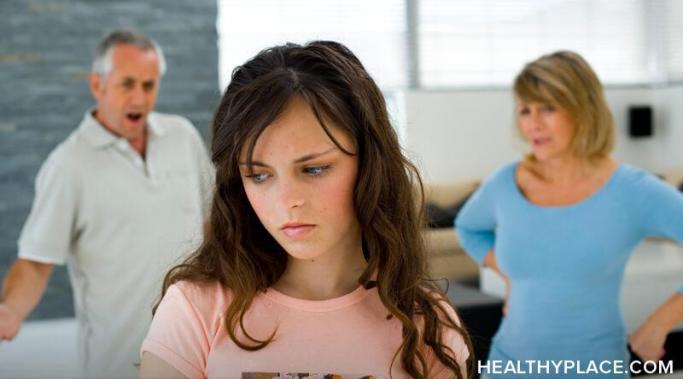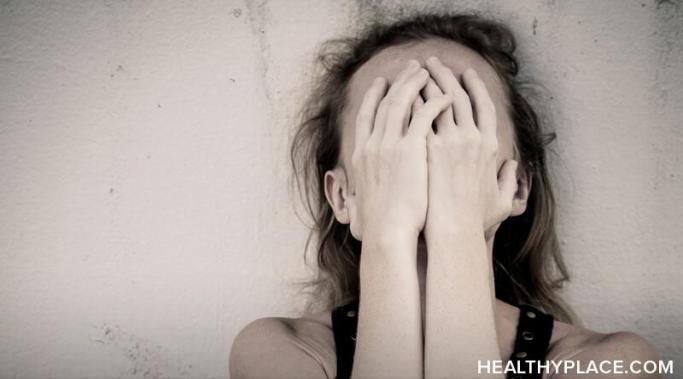This week, I received a text from a longtime friend that sent me into an emotional tailspin. As a result, all motivation to care for myself evaporated into thin air. This news she shared was heavy to process, obviously, because I don't want to see her suffer, but also because I have firsthand experience with the issue she is facing.
Surviving ED
I have an eating disorder voice that needs to be turned off. I first began the work to heal from an eating disorder in 2010, and it's been a passion of mine ever since. But despite all those years of hard-fought experience in the eating disorder recovery trenches, I am still learning how to turn off the eating disorder voice in my head. This voice was a staunch, relentless companion for most of my adolescence. At times, I could not even separate my own inner voice from the eating disorder beliefs, anxieties, and compulsions always shouting at me.
In a previous article, I wrote about feeling anxious about starting my first session with a personal trainer. But now that I am two months into the program, I have to admit there are many clear benefits to working with a certified professional who knows much more about fitness and nutrition than I do. It has been a challenge, but under her instruction, I am slowly learning how to create a balanced relationship with exercise. I can even see myself building stamina, resilience, strength, and athleticism. Here are some of the lessons from personal training that also help me out in ED recovery.
My eating disorder relies on selective memory in order to maintain a stringent foothold in my life. Selective memories are enticing and compelling. They can also be quite dangerous. In fact, as I have come to realize, the presence of selective memory is often the difference between making continual strides in recovery or free-falling back into a cycle of relapse. What do I mean by this, and how am I learning to combat selective memory in my eating disorder? Let me explain.
I have learned so many important lessons and revelations in the course of my interminable healing from anorexia, but one stands out above the others: I cannot take a day off from eating disorder (ED) recovery. Sometimes I want to, of course. Sometimes I'm convinced that enough time has passed since my life was at risk—or I have enough experience and self-awareness at this point—to ease off the accelerator and simply coast for a while. But I really can't take a day off from ED recovery.
For most of my life, I was plagued by the question, "What will I do without an eating disorder?" It felt unattainable even to imagine an alternate reality in which those obsessions with food, exercise, or body image weren't constantly humming at the forefront of my brain. Each waking moment was a conquest to burn calories—or simply avoid them altogether. At the time, it seemed euphoric, but now I can see just how bleak of an existence I forced myself to live. So these days, I ask another question: "What can I do without an eating disorder?"
I'm anxious for my first session with the personal trainer I hired to coach me for a Himalayan trek I'll be doing in about six months. It's quite unlike me to invest in an exercise program financially. Usually, I just lace up my sneakers and start running until I can't summon the energy for one more step. I even forget to stretch my muscles beforehand sometimes (terrible habit, I know).
At times when devastation from earthquakes exists and legislative restrictions against women and minorities are rampant, I view eating disorder (ED) recovery as superficial and inconsequential. Why should I bother to prioritize my own mental health when so many others lack access to the most basic, essential resources? Who cares about some trivial anxiety in the wake of countless horrific tragedies? I know that's not the most constructive inner monologue, but these are my thoughts on ED recovery when the entire world feels heavy.
Last week, I wrote about feeling embarrassed to talk about my eating disorder in face-to-face conversations. This week, I remembered why I experienced that level of embarrassment. I was raised in a climate of body shaming, forced to interact with relatives who see no issue with fatphobic comments and behaviors. I have family members who are insensitive to recovery from my eating disorder (ED).
I tend to be much more transparent and vulnerable online than I am in daily face-to-face interactions. When someone I know in real life inquires about my fitness or nutrition habits (because, to the surprise of no one, this is a body-conscious culture), I notice my cheeks start to flush, and I choose the vaguest answer possible. That reaction strikes me as curious, though. Why am I still embarrassed about my eating disorder after all these years?
